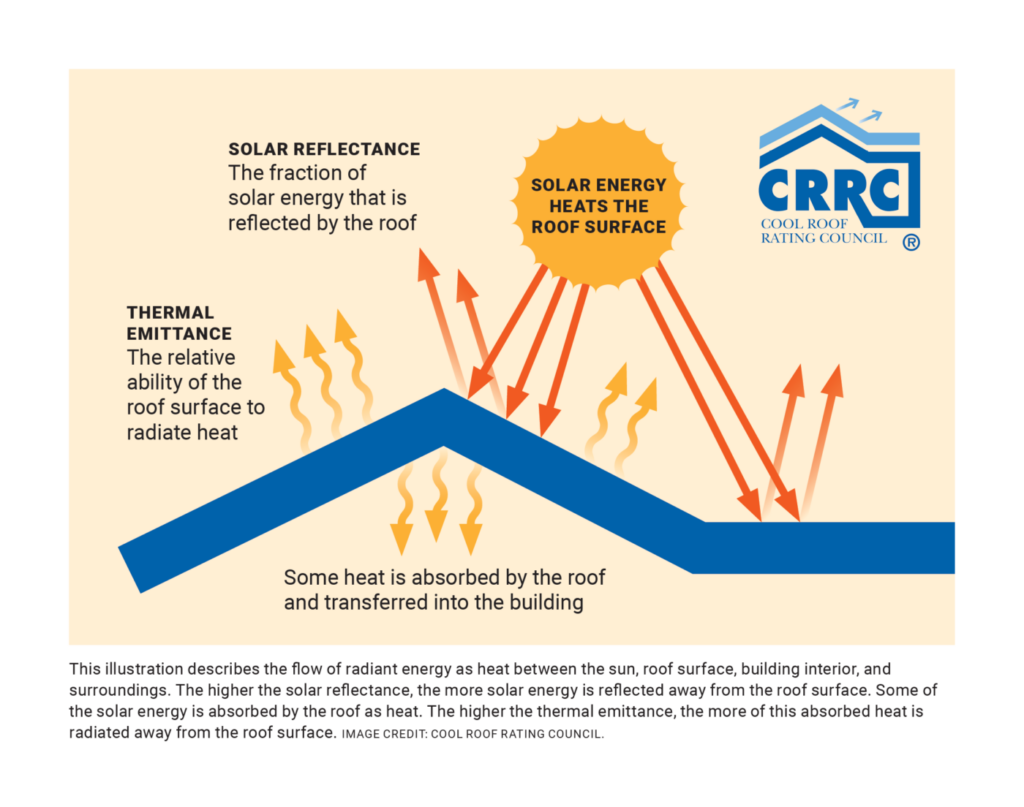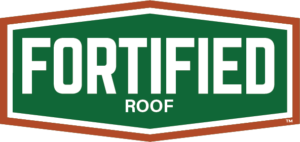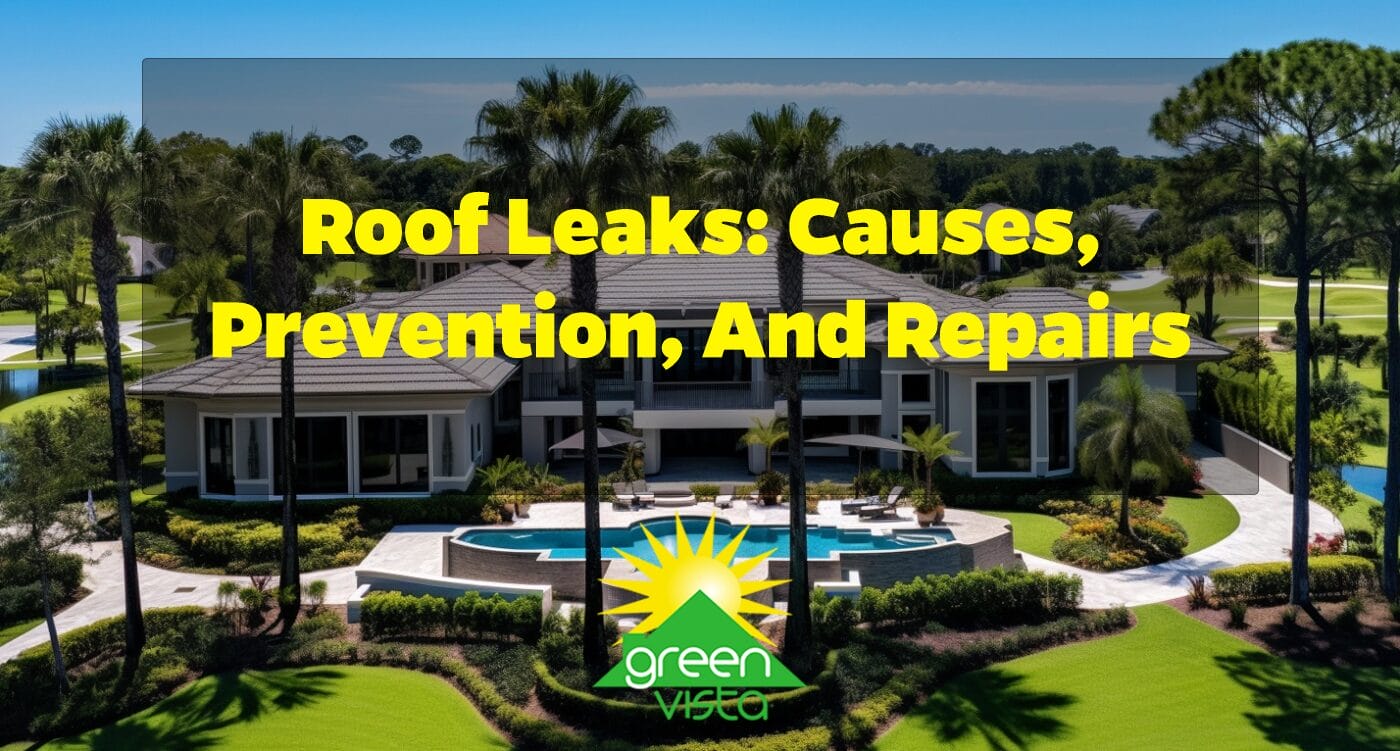
Experience the Benefits of a Cool Roof – Reflect the Sun, Save Energy
Cool Roof Solar Reflective Sun Shingles
A cool roof strongly reflects sunlight and efficiently emits absorbed heat to keep your building cooler. This reduces heat conduction, lowers cooling costs, and helps maintain comfortable indoor temperatures year-round.


Residential Roofing
Protect your home with our energy-efficient cool roofing solutions designed to reflect heat and reduce energy consumption.
Commercial Roofing
Enhance your commercial property's sustainability with cool roofs that reduce cooling demands and environmental impact.
Roof Inspections
Ensure your roof's integrity and efficiency with thorough inspections tailored to cool roof technologies.
What is Cool Roof?
A cool roof is one that strongly reflects sunlight (solar energy) and also cools itself by efficiently emitting any heat that was absorbed. The roof literally stays cooler and reduces the amount of heat conducted into the building below. If a building does not have air conditioning, this keeps the building cooler and a more constant temperature. If a building has air conditioning, the equipment does not have to work as hard. Imagine wearing a white or a black T-shirt on a hot day. By wearing the white T-shirt you will remain cooler than if you wore a black T-shirt because it reflects more sunlight and absorbs less heat. Cool roofs, like a white T-shirt, keep the internal temperature of the building lower.
However, a cool roof does not need to be white. There are many “cool color” products which use darker-colored pigments that are highly reflective in the near infrared (non-visible) portion of the solar spectrum.

Trusted By Homeowners and Businesses
Green Vista is your reliable roofing company in Nokomis, Florida, known for exceptional cool roof installations and outstanding customer service.



Why Choose Our Cool Roof Services?
Comfort
Lower Energy Bills
Reduce CO2 Emissions
Environmental Impact
Advanced Technology
Trusted Materials
Why Invest in a Cool Roof?
Cool roofs provide lasting benefits by reducing heat build-up, lowering energy costs, and promoting a healthier environment. Upgrade today for comfort and savings.
Temperature Regulation
Cool roofs keep your building interior cooler by reflecting solar heat effectively.
Energy Savings
Reduce your air conditioning expenses with roofing that lowers cooling loads.
Sustainability
Decrease harmful emissions and environmental impact with energy-efficient roofing materials.
Improved Air Quality
Our smog-fighting roof granules help cleanse the air, acting like multiple trees on your roof.
What people are saying about Green Vista
Frequently Asked Questions
A cool roof reflects sunlight and efficiently emits heat, keeping the building cooler and reducing energy use.
Yes, by decreasing the need for air conditioning, cool roofs can significantly reduce your energy costs.
Many cool roof products cost about the same as traditional roofs, with potential energy savings offsetting any extra price.
SRI measures a roof’s ability to reject solar heat, helping evaluate its cooling performance on a scale typically from 0 to 100.
No, cool roof products come in various 'cool colors' that reflect infrared heat effectively while offering aesthetic options.
These granules use a photocatalytic coating activated by sunlight to convert smog into water-soluble ions, improving air quality.
While primarily for energy efficiency, cool roofs can be part of your roof replacement and repair offering, including storm damage restoration.
Need help?
Don't hesitate to book a free estimate
Ready to Upgrade to a Cool Roof?
Contact Green Vista today at 941-369-8999 for expert cool roof installation and enjoy comfort, savings, and sustainability.


